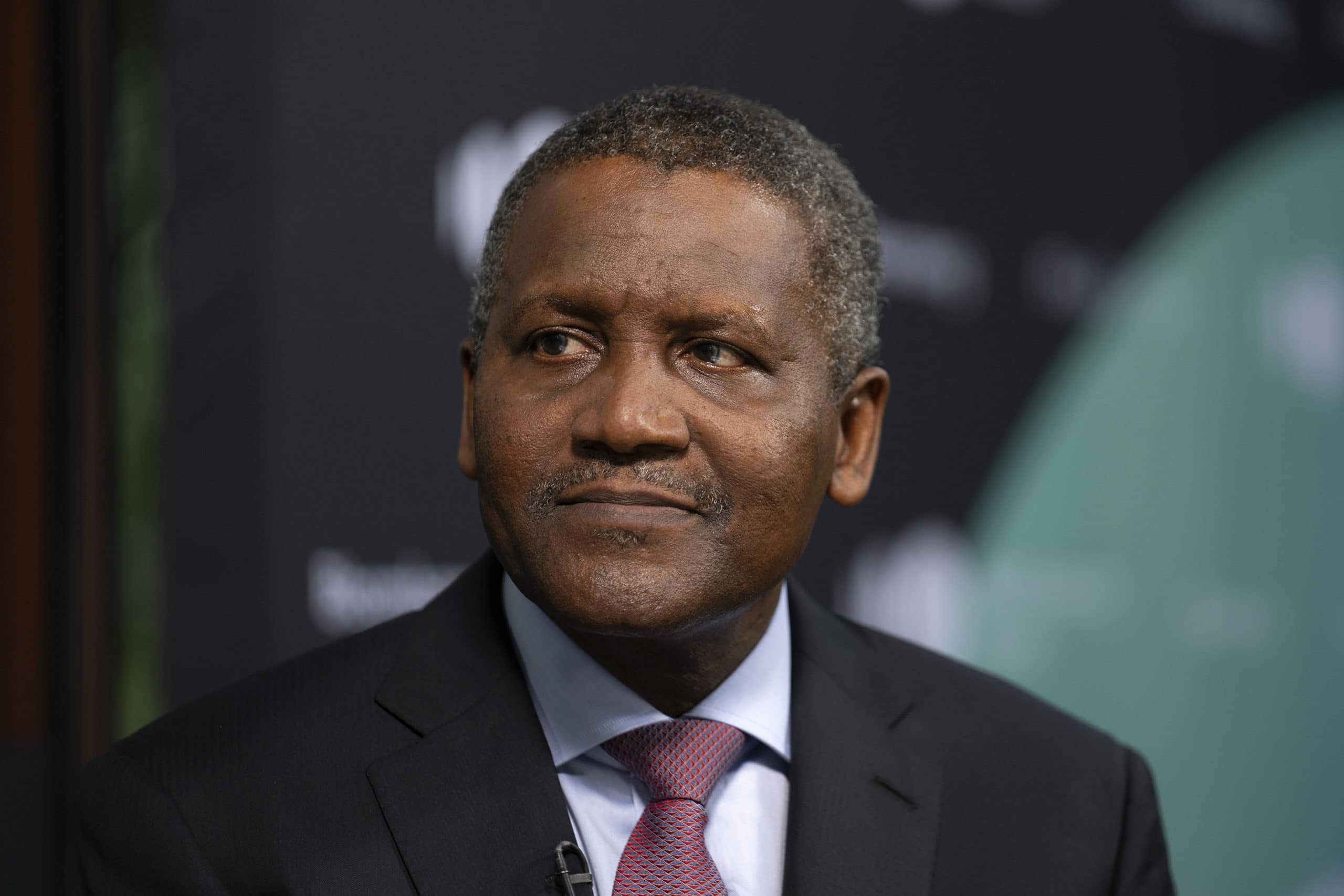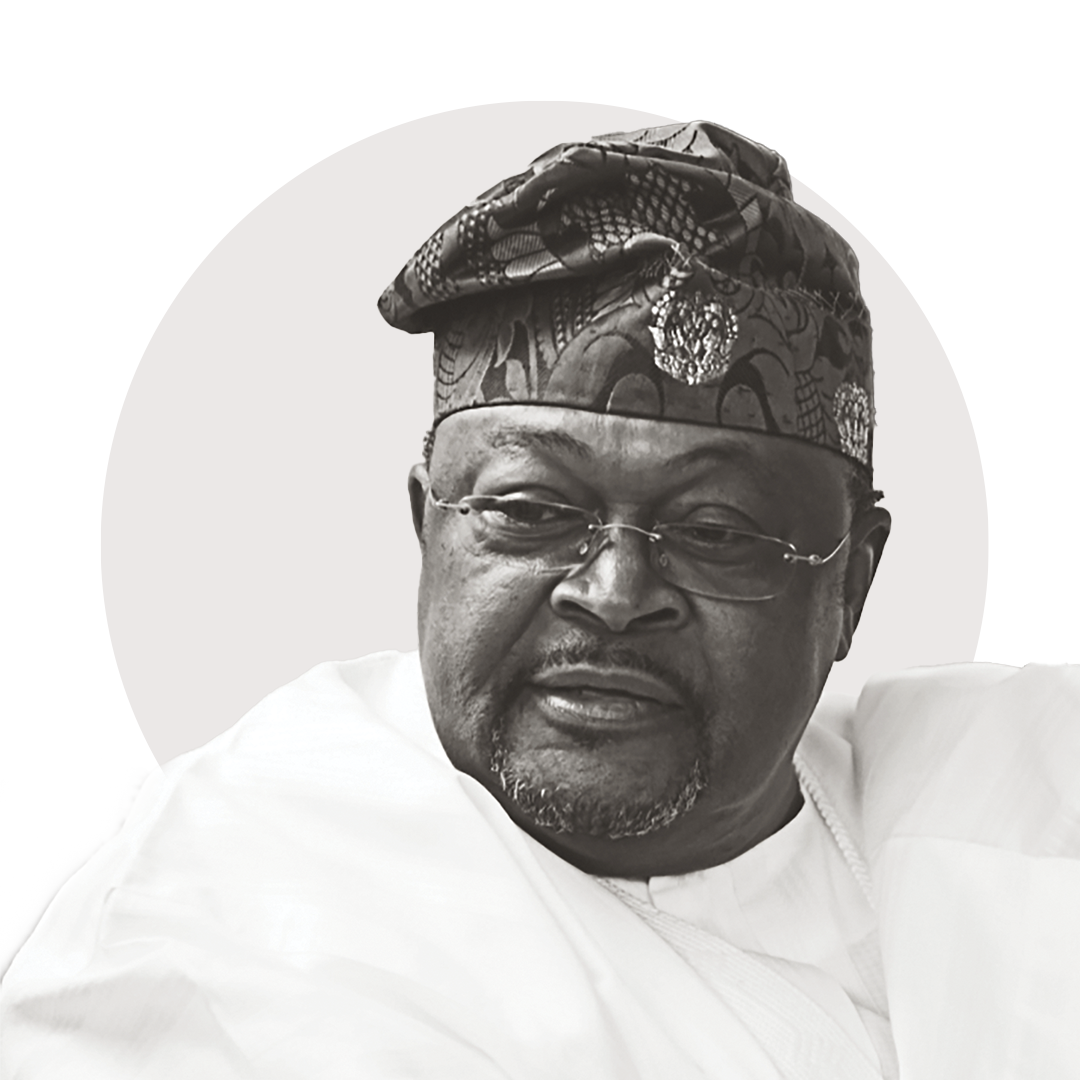Aliko Dangote’s just-launched fertilizer plant expected to help earn Nigeria about $5 billion in export revenue.
IN MARCH, AFRICA’S RICHEST MAN, ALIKO DANGOTE, opened A $2.5 billion urea and ammonia fertilizer plant in Nigeria commissioned by the country’s President Muhammadu Buhari.
In an interview with FORBES AFRICA, Dangote, the president and CEO of Dangote Group, the continent’s largest cement producer, says the new fertilizer plant, which has already started production, could lead to Nigeria earning about $5 billion in export revenue.
“We are getting a huge demand from all over the world with massive orders from the European Union,” says the billionaire entrepreneur, who is also opening an oil refinery, expected to be Africa’s biggest with the capacity to produce 650,000 barrels per day, by the third quarter of 2022.
The war in Ukraine and the sanctions against Russia, the world’s largest exporter of fertilizers, have meant disrupted global supply chains and this has ignited the price of fertilizers for Africa’s small-scale farmers. Fertilizers provide healthy nutrients for crops and experts say the current impasse can stifle agricultural growth and lead to hunger on the continent.
Loading...
“As they say, when Nigeria sneezes, the rest of Africa catches a cold and that is exactly what is happening. The Dangote fertilizer plant is important to Africa because with the Ukraine and Russia war, it is just a matter of months that some parts of Africa will be plunged into hunger. We need to have agricultural solutions that do not just rely on the West but rather on Africa,” says Franklin Cudjoe, Founding President and Chief Executive Officer of the IMANI Centre for Policy and Education, a think tank based in Accra, Ghana, to FORBES AFRICA.
Nitrogen, potash and phosphate that are important for fertilizer manufacture also come from Russia and Ukraine. The countries’ leading position stems from their influence on the gas ecosystem too. Fertilizers are a by-product of ammonia created when mixing nitrogen and hydrogen gas.
“The price of nitrogen fertilizer has skyrocketed in recent months. In Europe, we are looking at about 1,000 euros per ton. Now, if more developed economies in Europe are struggling with the cost of fertilizer, what do you think the impact on Africa will be,” asks Farouk Rabiu Mudi, President of the All Farmers Association of Nigeria (AFAN).
Dangote’s fertilizer factory, located in Lekki Free Trade Zone, Lagos, sits on 500 hectares (over 1,200 acres) of land with capacity to produce three million metric tons of urea yearly. The Dangote Group’s website cites the plant as Africa’s largest granulated urea fertilizer complex.
The oil refinery, also at the same location, will boast 1,100kms of subsea pipeline infrastructure to handle 3 billion Standard Cubic Foot (SCF) of gas per day produced for commercial use.
Nigeria has struggled for years to diversify its economy from oil dependency to other value-added sectors. The former minister of agriculture and President of the African Development Bank (AfDB), Akinwumi Adesina, has asserted Nigeria’s need to diversify its export base to a high- value market product that will pursue wealth creation and value-added manufacturing.
The commissioning of the fertilizer factory by the Dangote Group is expected to boost the investment in the sector and hopefully lead to self-sufficiency in food production for the continent.
Loading...





















